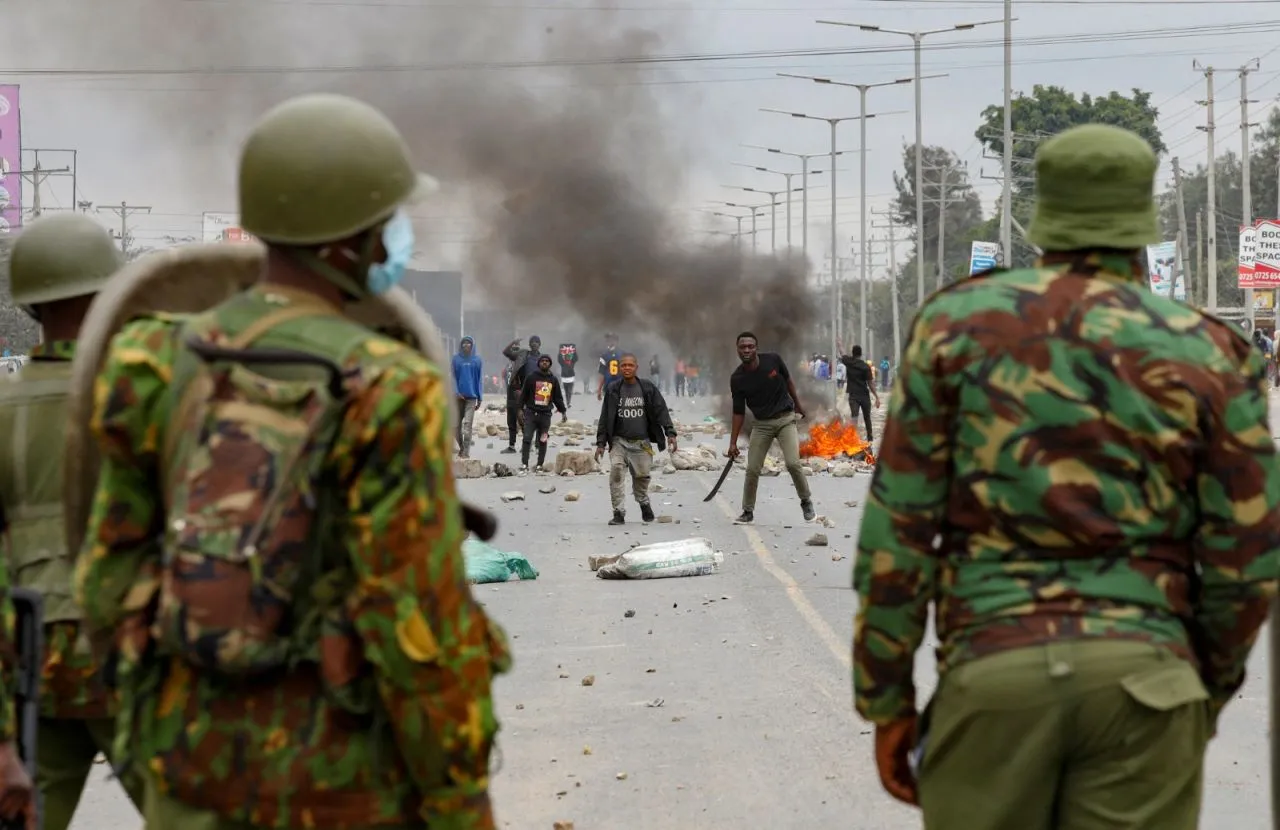Tobi is a blockchain researcher. She is a Research Assistant at Bitnob, previously an analyst at Hashvest. She has a degree in Mathematics from Babcock University.
Explain your job to a five-year-old
I am a teacher. I learn and provide information that helps people make better decisions.
What’s one piece of advice you wish you had earlier in your career/life?
My career is still in its early stage, but the best career advice I have received so far is “Tobi, take every chance you get, speak to as many people as you can, ask for as many things as you can and most importantly, create your own opportunities”, and that advice has been at the core of a lot of decisions I have made.
What’s something you’re good at but dislike doing? And something you’re bad at but love doing?
Something I’m good at but dislike doing is definitely working. Why do we even have to work? I want the garden of Eden back. I love dancing and singing, but I can’t do them as well as I wish I could.
What’s the biggest misconception people have about Mathematics?
Mathematics has no real-life application. Every other week on Twitter, there’s a tweet that reads along the lines of “Yet another day with no application of dy/dx” or something like that, lol. The blockchain was built on Mathematics. The security of crypto is guaranteed because of a mathematical function called ECDSA, the algorithm behind Private keys and Public keys. Maths is why Pringles stay put without getting broken no matter how long or far they’re transported, think about it, they’re very fragile, not tightly packed, yet they don’t break until you pick a piece, I raise you Hyperbolic Paraboloids. Even computers read our language, Binary.
How would you explain the blockchain to everyday people, and what real-life applications does it have for them?
The blockchain is essentially a system that allows you to record information, making it extremely difficult and near impossible to change what has been recorded. Imagine the logbook used in classrooms to record student attendance, now imagine having that logbook digitally and saving it on all the teacher’s computers, making it difficult to change because if Teacher A edits theirs, Teacher B still has an authentic copy. That’s really how the blockchain works; it’s a distributed ledger of Information. The most prevalent application of it is in cryptocurrencies, bitcoin and ethereum, for example.
Are we ready for web3 in Africa?
Ready? We are ready, set and on the go. Africa is definitely not only ready but now actively part of and benefitting from web3. By the way, web3 is really just a catchphrase, it encapsulates crypto, NFT, DeFi, DAO et al., and I think you’d agree that Africa is on the go as far as all of these are concerned.
In your experience as a finance analyst, does Africa need more fintechs and why?
Every other week there is a new fintech announcement, be it a launch, a raise, or an acquisition and that has sort of created an illusion that there are too many of them, but then you realise nearly 57% of the entire population lacks any form of a bank account. For context, The USA with a population of 332 million, has over 10,000 fintechs; The UK with a population of 67 million, has 1,600 fintechs and Africa with over a billion people, has 576 fintechs with Nigeria alone having approximately 200 fintechs. We haven’t even scratched the surface. It’s easier to send money to China from Lagos than it is to send money to Burundi. Africa needs more fintech companies across banking, payments, credit, insurance, savings, investment, crypto, the list goes on.
What book or movie are you hyped up about, and why?
7 Habits of Highly Effective People by Stephen Covey; How to Talk to Anyone, Anytime, Anywhere by Larry King; and Parable of Dollars by Sam Adeyemi. I read these books about five years ago, and I still live by their lessons.





















